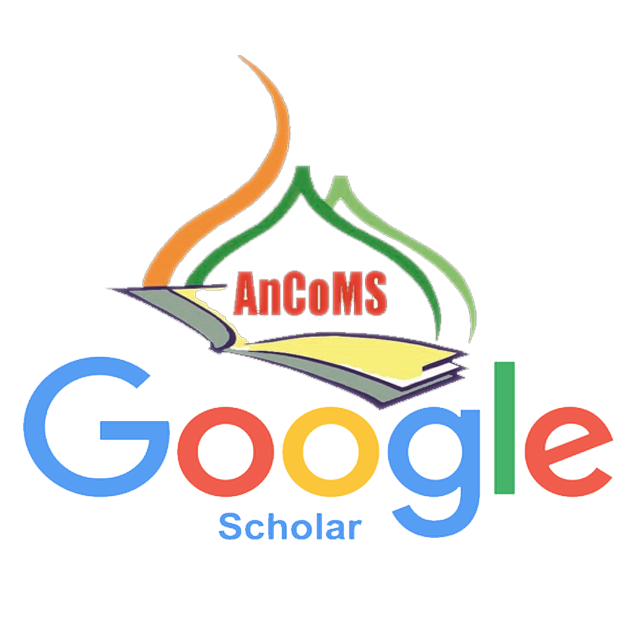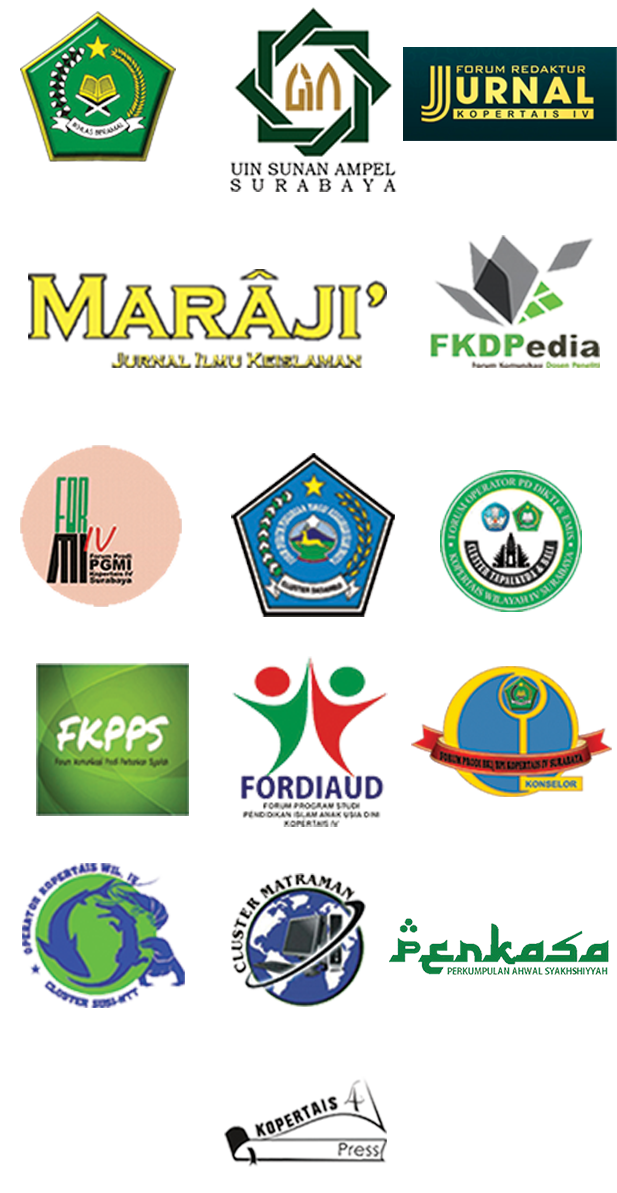Qashashul Quran: Pengembangan Mata Kuliah Wajib Program Studi Pendidikan Islam Anak Usia Dini (PIAUD)
Abstract
Abstract: It is common and accepted in our society at large, that approach in early childhood learning is not the same as learning approach at the higher level. The principles of learning in early childhood such that the child will be easier to learn with the approach of learning while playing, that of learning materials centered on the needs and age of a child's development, and that learning is oriented towards the development of character values, implicates the need for the increased importance of competence teachers or early childhood educators in terms of learning approach application for the purpose of early childhood education can be achieved optimally, one of that is the educator’s skill in storytelling. Some of the benefits of storytelling are: (a) to instill the values of honesty, courage, loyalty, friendliness, sincerity, and other positive attitudes in the lives of children in the family, school, and out of school; (b) provide social knowledge, moral values and religious in children; (c) to train children in listening; (d) develop cognitive abilities, affective, and psychomotor child; (e) and be able to develop imaginative power of children.1 (Moeslichatoen, 2004). The study program PIAUD STAI Al Hikmah Tuban sought to formulate learning outcomes steady and complete by reviewing the curriculum as a whole to adjust the quality of graduates with the vision, mission and goals and objectives STAI Al Hikmah Tuban. One of the design of the curriculum is qashashul Quran. This course is expected to be subject to achieve the learning outcomes of graduates as early childhood educators who are competent in the mastery of attitudes, knowledge, and skills to tell stories with themes of Islamic education. This paper is a rational, conceptual writing in how to develop qashashul Qur'an as the basis for the development of the learning achievements of students of PIAUD STAI Al Hikmah Tuban.
Keywords: Storytelling, Stories In Quran, Early Childhood Education









